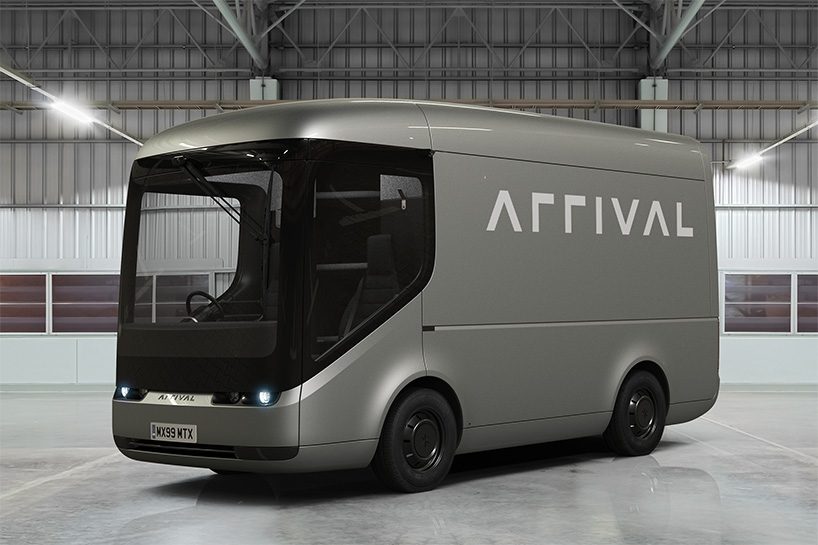Electric Shipping Trucks and Their Future
Dive into the promising future of electric shipping trucks and how they promise a sustainable, cost-effective freight industry.

Get ready for a deep dive into the exciting world of Electric Shipping Trucks! With growing international emphasis on sustainability, these freight-hauling giants are poised to play a starring role. Grab onto your gears as we explore their promising future, touching on their environmental impact, projected market growth, innovative technologies, and the challenges they face ahead.
Charging into the Future with Electric Shipping Trucks
Electric shipping trucks herald a revolution in the freight industry. They echo a shift towards sustainable practices, with a promise of cost-effectiveness that appeals to business owners in the industry.
Table of Contents
- Understanding Electric Shipping Trucks
- Electric Trucks and Sustainability
- Future Projections for the Electric Truck Market
- Innovative Technologies Driving Electric Truck Advancement
- Challenges Faced by Electric Shipping Trucks
- The Future Benefits of Electric
Understanding Electric Shipping Trucks

At their core, Electric Shipping Trucks are vehicles that use electric motors for propulsion, taking a departure from traditional diesel engines. Traditionally, these vehicles rely on a rechargeable battery pack for power, offering a range of benefits that extend beyond financial savings.
- Fuel Efficiency: When compared with their diesel counterparts, electric trucks are superior in terms of fuel efficiency. This results in potential savings in fuel costs over time.
- Reduced Maintenance: Electric vehicles, in general, have fewer moving parts, translating to reduced maintenance costs.
- Zero Tailpipe Emissions: One of the most significant advantages is the zero emission of pollutants, contributing to a healthier environment.
Electric Trucks and Sustainability
Currently, the trucking industry contributes significantly to global greenhouse gas emissions. The introduction of electric shipping trucks could substantially reduce this carbon footprint. By tapping into renewable sources of power like solar and wind, the environmental impact of freight transport can be mitigated.
Moreover, advances in battery technology are making it possible to use more sustainable materials that are less harmful to the environment.
Environmental Impact of Battery Production
While the use of electric vehicles does not involve tailpipe emissions, there are environmental costs associated with battery production. In particular, the extraction and refining of lithium, a primary component of EV batteries, bear a substantial environmental impact. However, efforts are being made to develop more sustainable options, such as solid-state batteries and batteries that use less harmful materials.
Future Projections for the Electric Truck Market

The market for electric shipping trucks is forecasted to see steep growth in the coming years. According to a study published in the International Journal of Automotive Technology and Management, the global electric truck market is projected to reach $36.9 billion by 2025, from just $8.2 billion in 2020. This represents an impressive compound annual growth rate (CAGR) of 44%.
This anticipated growth can be attributed to a range of factors, including declining battery costs, increasingly stringent environmental regulations, and growing consumer awareness about environmental responsibility. Additionally, many leading freight companies have begun to integrate electric shipping trucks into their fleets, signaling a broader industry shift towards sustainable transportation solutions.
Innovative Technologies Driving Electric Truck Advancement

We're witnessing a dynamic era in the world of Electric Shipping Trucks, powered primarily by innovative advancements in technology. Let's take a glimpse at some key technologies helping to push the envelope in this sector.
- Longer-Lasting Batteries: Battery technology is at the heart of electric trucks' success. Advancements have led to the development of batteries with higher energy densities, translating into increased range and efficiency.
- Regenerative Braking Systems: This technology harnesses the kinetic energy typically lost during braking and converts it into usable electricity, supplementing the truck's overall energy capability.
- Advanced Charging Infrastructure: Continuous improvement in charging capabilities has made electric vehicles more practical. Rapid charging stations, wireless charging technologies, and in-route charging options are giving a fillip to the EV infrastructure.
Challenges Faced by Electric Shipping Trucks
Despite the promising future, Electric Shipping Trucks still face their fair share of challenges. While some of these hurdles lie in technology, others revolve around regulatory affairs and public perspectives.
Insufficient Charging Infrastructure
Although there's substantial progress in EV charging facilities, the current infrastructure is still far from sufficient. Trucks, with their higher power demand, make this a more complex issue. Nevertheless, governments and private entities worldwide are ramping up their efforts to bolster the charging infrastructure.
High Upfront Costs: While the total cost of ownership (TCO) might be lower for electric trucks, high initial costs are formidable barriers to widespread adoption. However, as battery technology advances and production scales, these costs are expected to decline.
The Future Benefits of Electric Shipping Trucks
"Electric Shipping Trucks aren't just about sustainability - they're about revolutionizing the freight industry," says electric vehicle expert Jeanette Huang. There's a plethora of benefits that these vehicles stand to offer on a worldwide scale:
- Economic Efficiency: Ultimately, electric vehicles promise lower operating costs, which makes them an attractive proposition for fleet owners and operators.
- Reduced Dependence on Fossil Fuels: As societies around the world grapple with the effects of climate change, reducing dependence on fossil fuels becomes increasingly urgent. Electric freight trucks present a viable pathway in this regard.
- Health Benefits: By reducing harmful emissions, electric shipping trucks could significantly improve air quality, bringing profound public health benefits.
In conclusion, the future of electric shipping trucks is not without challenges. However, the remarkable benefits they stand to deliver - both economic and environmental - make them an inevitable part of our freight industry's future. Together, we're charging towards a cleaner, greener, and more efficient world of freight transport!
What's Your Reaction?





























































